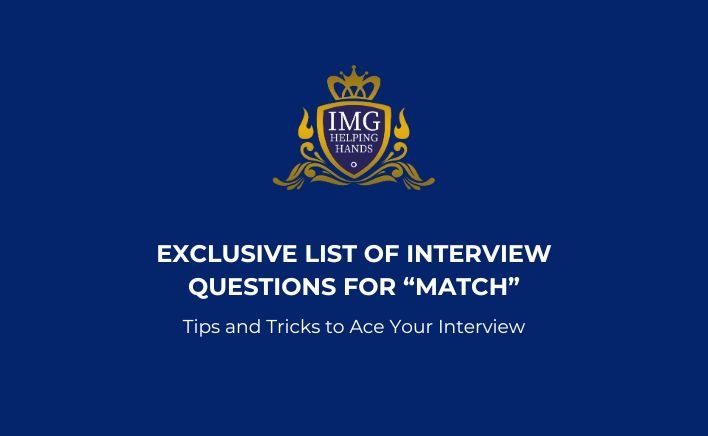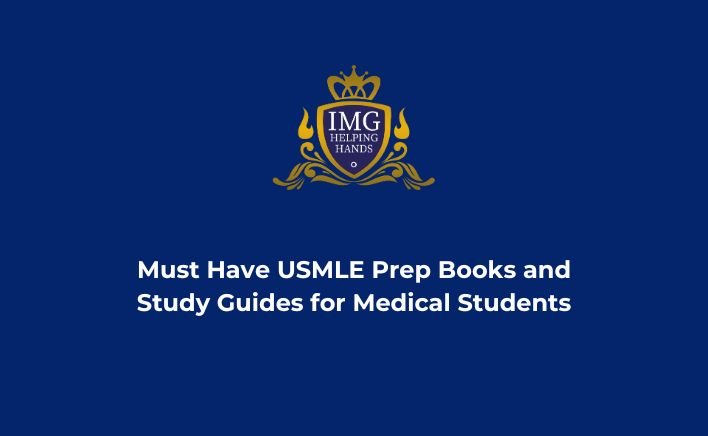The United States Medical Licensing Examination (USMLE) is a multi-step examination required for all medical students and graduates who wish to practise medicine in the United States. Passing this exam is crucial to advance from medical school to residency training.
However, the USMLE is notoriously difficult, with low pass rates for first-time test takers. Preparing for the USMLE requires extensive studying over many months. While no single book can comprehensively cover all the material tested, using prep books is considered essential for success.
These prep books are critical resources that provide the content review, test-taking strategies, and practice questions needed to master this difficult exam. The stress of the USMLE can be alleviated by having the proper books to study.
First Aid for the USMLE
First Aid for the USMLE Step 1 is the most popular and comprehensive single prep book available. It aims to cover all subjects tested on the exam in a single volume.
Pros
- Comprehensive Content: First Aid covers all topics and disciplines tested on Step 1, including anatomy, biochemistry, microbiology, pathology, and more.
- High-Yield Facts: The book focuses on key facts, buzzwords, mnemonics and tables essential for the exam.
- Frequent Updates: First Aid is updated annually to reflect the latest exam content and formats.
- Widely Recommended: It has long been regarded as a must-have and is recommended by top educators.
Cons
- Lacks In-Depth Explanations: As a review book, First Aid provides an overview without detailed explanations or content depth.
- Memorization Heavy: Students will need to commit large portions of the book to memory through repeated review and practice questions.
- Not a Standalone Resource: It should be used alongside textbooks for foundational knowledge and question banks for application.
First Aid provides the most complete overview of topics to remember for USMLE Step 1 preparation. Its breadth of content is unparalleled, but needs to be combined with other learning resources.
Kaplan USMLE Prep Books
Kaplan Test Prep offers a well-known set of comprehensive books for preparing for each step of the USMLE exams. They aim to provide in-depth review across all subjects.
Pros
- Comprehensive Review: The books provide thorough review of all subjects tested on each step exam.
- Practice Questions: Hundreds of practice questions are included with detailed explanations of why answers are right or wrong.
- Test Strategies: Kaplan focuses on proven test-taking methods and tips for the computer-based exams.
- Reputed Resource: Kaplan USMLE books are authored by top faculty and widely used by medical students.
Cons
- Expensive: The full set can be pricey, especially combined with other prep resources.
- Extraneous Details: The books can sometimes delve too deep into details beyond what’s tested.
- Less Concise: Kaplan books lack the focused, condensed nature of other review books.
Kaplan USMLE books are trusted and comprehensive but require sifting through content. They may be most useful when more extensive subject review is needed beyond abbreviated prep books. The practice questions and test prep strategies are also excellent resources.
Pathoma
Pathoma is a popular prep book and video resource used by medical students to study pathology for USMLE Step 1. It aims to explain pathology concepts and tie them to clinical medicine.
Pros
- Clear Explanations: Pathoma excels at breaking down complex pathology concepts into easy-to-understand, memorable explanations.
- Clinical Links: It demonstrates how pathology relates to and impacts clinical applications and medical practice.
- Retention Focused: The teaching style focuses on long-term retention rather than memorization.
- Acclaimed Instructor: Dr. Sattar who authored Pathoma is considered one of the best instructors for pathology.
- Visual Aids: Charts, illustrations, and diagrams help elucidate concepts.
Cons
- Limited Scope: Pathoma only covers pathology in detail; it does not address other subjects on Step 1.
- Less Comprehensive: While extremely helpful for pathology, it lacks the comprehensive content review of books like First Aid.
- Variable Usefulness: Some students find Pathoma less useful if their curriculums already cover pathology thoroughly.
Pathoma is an excellent resource for shoring up pathology knowledge for USMLE preparation. It provides unparalleled clarity and clinical connections for this difficult subject. However, its narrow focus means it should be combined with other resources.
Sketchy Medical
Sketchy Medical utilises visual mnemonic pictorials to help students learn and retain key microbiology and pathology facts for USMLE Step 1. Their unique teaching style makes content memorable.
Pros
- Mnemonic Pictures: Sketchy uses exaggerated cartoon drawings to turn microbiology and pathology facts into unforgettable pictorial mnemonics.
- Memory Aiding: Linking visuals to concepts aids long-term retention and recall, especially helpful for the memorization-heavy USMLEs.
- Engaging Approach: The entertaining drawing style makes learning interactive and engaging.
- Applicable Subjects: Sketchy is ideal for hard-to-memorise microbiology and pathology subjects on Step 1.
Cons
- Time Intensive: Sketchy can be time consuming compared to textbook reading. Animated review is required.
- Limited Subjects: While excellent for micro and path, Sketchy does not cover other topics tested on the exams.
- Variable Learning Styles: The visual style may not align with all students’ preferred learning methods.
Sketchy Medical provides a uniquely memorable way to learn challenging microbiology and pathology concepts for USMLEs. The pictorial mnemonics aid long-term retention but require invested study time. Using Sketchy alongside comprehensive resources can improve mastery of these difficult subjects.
UWorld Question Banks
UWorld offers extensive question banks with detailed explanations to mimic and prepare for the real USMLE exams. They are considered one of the best practice resources.
Pros
- Large Question Volume: UWorld has thousands of high-quality practice questions for Steps 1, 2 CK, and 3.
- Detailed Explanations: Every question is accompanied by thorough answer explanations to reinforce learning.
- Realistic Practice: The question style and format mirrors the actual exams.
- Customised Quizzes: Students can create targeted quizzes by subject to identify weaknesses.
- Performance Tracking: UWorld allows tracking of progress by showing improvements over time.
Cons
- Expensive Subscription: While worthwhile for most, the ongoing subscription fee can be prohibitive for some students.
- No Content Review: UWorld focuses on practice questions rather than content review, so textbooks are still needed.
UWorld subscription provides the most realistic USMLE practice experience and is considered a must-have prep resource by many medical students and educators. The banks are an unmatched tool for identifying knowledge gaps to target.
Conclusion
Preparing for the USMLE requires using prep books targeted to the content and question types for each step. While no singular book can cover everything, a strategic combination provides the most comprehensive preparation. Broad textbooks build foundational knowledge, while streamlined review books like First Aid consolidate high-yield facts.
Question banks like UWorld hone test-taking skills. Resources like Pathoma and SketchyMedical shore up challenging topics. By combining comprehensive texts for in-depth review, focused review books for memorization, question banks for application, and specialised resources to target weaknesses, medical students can thoroughly prepare using the best USMLE prep books available.

